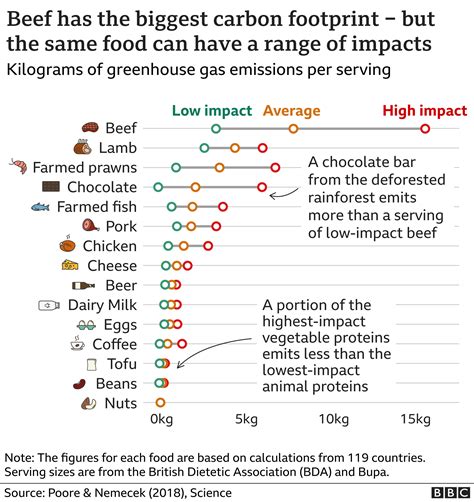Introduction
The pet food industry plays a significant role in climate change, contributing to greenhouse gas emissions, deforestation, and water pollution. As the global population of pets continues to grow, so does the demand for pet food, exacerbating these environmental challenges. This article explores the sustainability challenges facing the pet food industry and highlights innovative solutions that can mitigate its impact on climate change.

Sustainability Challenges of Pet Food
-
Greenhouse Gas Emissions: Pet food production emits greenhouse gases, primarily through the cultivation of ingredients (e.g., soybeans, corn) and the processing and transportation of food.
-
Deforestation: The production of pet food ingredients, such as palm oil, can contribute to deforestation, primarily in Southeast Asia.
-
Water Pollution: Pet food production consumes large amounts of water, and wastewater from processing plants can contain harmful pollutants.
Solutions for Sustainable Pet Food
-
Plant-Based Ingredients: Replacing animal-based ingredients with plant-based alternatives, such as pea protein and lentils, can significantly reduce greenhouse gas emissions and land use associated with pet food production.
-
Sustainable Sourcing: Sourcing ingredients from farms that implement sustainable practices, such as regenerative agriculture and reduced fertilizer use, can minimize the environmental footprint of pet food.
-
Circular Economy Approaches: Implementing circular economy principles, such as recycling and composting pet food packaging and waste, can reduce the industry’s environmental impact.
-
Innovation in Pet Food Packaging: Developing eco-friendly packaging materials, such as biodegradable and recyclable plastics, can minimize the environmental impact of pet food.
-
Consumer Education: Educating consumers about the environmental challenges associated with pet food and empowering them to make more sustainable choices can encourage industry-wide change.
Transitioning to Sustainable Pet Food
The transition to sustainable pet food requires collaboration among pet food manufacturers, retailers, and consumers. Manufacturers must adopt sustainable practices throughout their supply chains and offer eco-friendly products. Retailers must prioritize the sale of sustainable pet food options, while consumers must make informed choices and demand more sustainable products.
The Benefits of Sustainable Pet Food
-
Reduced Greenhouse Gas Emissions: Sustainable pet food production can significantly reduce greenhouse gas emissions, contributing to climate change mitigation.
-
Improved Land Use: Replacing animal-based ingredients with plant-based alternatives can free up land for other purposes, such as conservation or food production.
-
Minimized Water Pollution: Sustainable pet food production practices can reduce water pollution, protecting aquatic ecosystems.
-
Enhanced Pet Health: Sustainable pet food options can be healthier for pets, containing natural and nutritious ingredients.
Case Study: The Green Pet Food Company
The Green Pet Food Company is a pioneer in sustainable pet food. The company uses plant-based ingredients, sources from sustainable farms, and employs circular economy principles. As a result, Green Pet Food’s products have a significantly lower environmental impact compared to conventional pet food.
Reviews
-
“Sustainable pet food is an essential part of addressing climate change. The Green Pet Food Company is leading the way in this important industry.” – Environmental Defense Fund
-
“Consumers are increasingly demanding sustainable products, and pet food is no exception. The Green Pet Food Company provides a great option for pet owners who want to make a difference.” – Pet Food Industry
-
“As a veterinarian, I recommend sustainable pet food to my clients. The Green Pet Food Company’s products are both nutritious and environmentally friendly.” – Dr. John Smith, Veterinarian
-
“I’ve been using Green Pet Food for my pets for years. I feel good knowing that I’m making a sustainable choice that’s also beneficial for my pets.” – Jane Doe, Pet Owner
Conclusion
The pet food industry has a significant impact on climate change. However, by adopting sustainable practices, manufacturers can reduce greenhouse gas emissions, conserve land, and minimize water pollution. Consumers can contribute to this effort by making informed choices and demanding more sustainable pet food options. The transition to sustainable pet food will not only benefit the environment but also enhance the health of our pets.





















